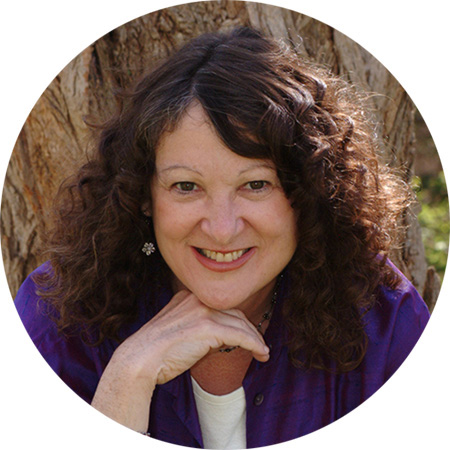Journaling can be well utilized to be the foundation of creative writing, and extend toward writing to publish. Here’s why … and how:
Journaling is meant to be an authentically freelance, creative way to develop writing. The only boundary it has is the one you place on it. Julie Cameron, in her ongoing bestseller The Artist’s Way, specifically advocates as a foundational practice for authors what she calls “morning pages” as free-flow journaling exercises to be done on immediately arising every day for three pages.
Six Simple, Creatively Exploding Techniques to Target and Explode Your Creative Passion and Ability
That is a great way to jumpstart and support writing. I have some other techniques I’ve developed in my Centering Tools™ for Empowerment and Achievement practice to similarly support, sustain and enhance writing to publish:
1. Spend five minutes twice a day answering the question, How do I feel?
Freely expressed feelings always produce a clearing and centering effect, and “open the door” to the intuitive/creative self – thus a “writing bridge” to open your wherewithal to write from an authentic, inspired place.
2. Spend five minutes considering what turns you on.
Then create a list, and when you feel complete with this, simply imagine a title for the list and write that at the top of this column. Then imagine this is the title of your writing, and imagine a story unfolding that includes every item on the list. Record your experience; and consider it a beginning draft for a story/book. Finally, if your draft is not a children’s story, convert it to be one as another imaginative/creative exercise.
3. Imagine yourself as a child growing up to become who you would wish to be, living the life of your dreams.
Write in the present tense about all that you’ve imagined. When you’ve finished, settle back and read what you’ve written as a story about a child, and consider how you can use this as a basis to develop your writing.
4. Consider what periods in history you feel most drawn to, and list these.
Rotate through the list one idea a week, imagining a story unfolding about a child experiencing his or her life in this time; and writing what you imagine as a free flow journaling exercise. This becomes a draft you can develop.
5. List five people you greatly admire that you’ve known in your life or from history, and list the key qualities you most admire in each one.
Pick one person; and imagine that person appears before you and talks to you about their childhood/adolescence. Record what happens, and then consider how you can use that as the basis for developing a story.
6. What are you most afraid of?
What were you most afraid of as a child/teenager? List your fears, and spend an additional twenty minutes or so journaling about this. Then imagine this focus unfolds into a story about a child/teenager, and write the story – again, this becomes an initial draft you can further develop.



 Marjorie Price
Marjorie Price 